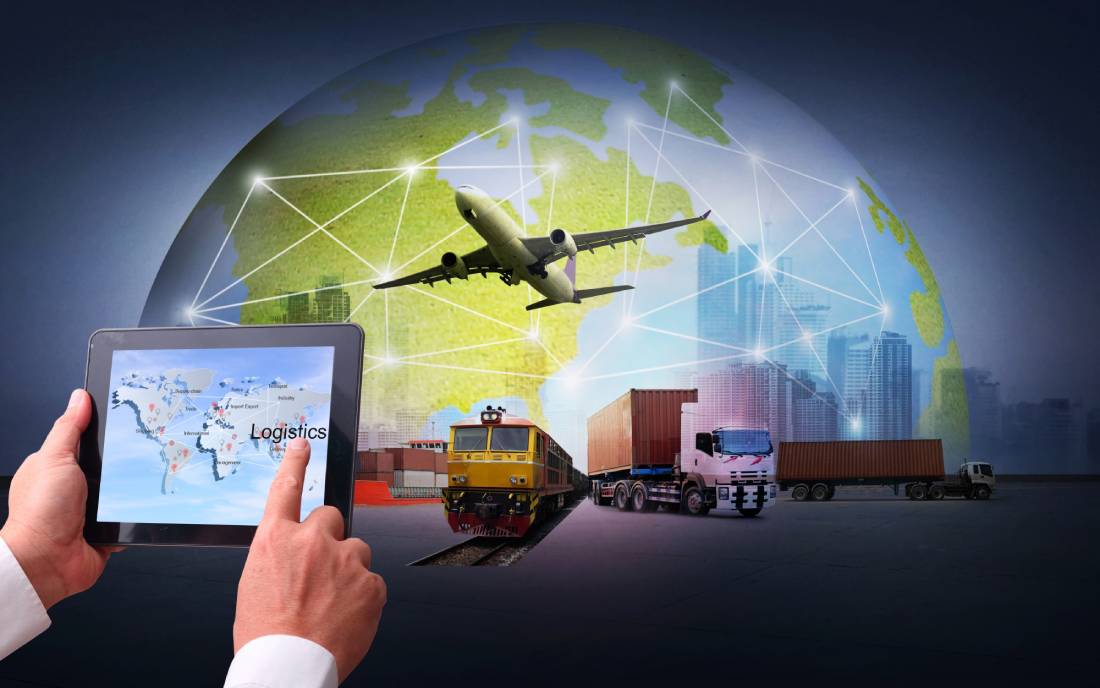Adapting to Market Demands: Flexibility in the Best Transport Services in India
The transportation industry is critical in any economy because it is the backbone of commerce, trade, and daily life. In India, where the demand for efficient and effective transport solutions grows exponentially, adaptability has become a central focus for those companies competing to lead market share. Flexibility in service offerings – everything from long-haul freight to last-mile deliveries – is a key differentiator that differentiates the best transport services apart from their competitors.
With a dynamic and changing environment, transport service providers must adapt to different market needs, which often dictate their activities. Meeting the new changes in customer demand or addressing challenges at hand are critical elements for companies involved in the transport industry to remain relevant and viable in this line of business.

Flexibility: Understanding the Needs of Transport Industries
The transportation sector in India is vast, covering a range of services tailored to meet various needs. From local delivery solutions in cities to long-distance freight shipping, the demand for transport services is influenced by several factors, including economic growth, consumer expectations, and technological innovations. However, flexibility is essential to cater to such a diverse and expansive market.
Speed and ability to adapt to change, be it consumer behaviour, seasonal fluctuation, or technological improvements, help transport companies deliver smooth and timely services. Being flexible in transport service implies being able to handle various routes and types of delivery; in this case, the company should be able to scale up or down, change schedules, improve routes, or find new methods of solving a problem when needed.
Drivers of Market Demand and the Role of Flexibility
1. Evolving Consumer Expectations
As e-commerce grows and dependence on fast delivery services increases, consumer expectations have changed. Consumers now require more rapid, more transparent, and cheaper services. In transport, this means companies need to offer various options to suit different needs: express delivery, same-day shipping, or scheduled deliveries at convenient times.
The best transport service provider recognises that there is a need to provide flexible solutions that will meet these higher expectations. Transport companies offer multiple delivery options, real-time tracking, and efficient customer support to maintain competitiveness while satisfying client needs.
2. E-commerce Growth
The rapid growth of India’s e-commerce sector is changing the face of transport. With millions of Indians increasingly adopting online shopping, there is an unprecedented demand for speedy, reliable, and affordable delivery services. The needs of transport service providers will thus be defined by the peculiar needs of the e-commerce industry: high volumes of small parcels, flexible time slots, and handling returns.
Flexibility here is of prime importance. Whether scaling up operations during peak sales during festivals or adapting to diverse packaging and delivery needs, transport companies must be agile. For instance, integrating sophisticated tracking and delivery management systems enables smoother operations for customers who enjoy real-time visibility into their orders.
3. Urbanisation and Geographic Variability
Urban areas of India have an increasingly burgeoning population, with cities like Delhi, Mumbai, Bangalore, and Kolkata requiring highly effective transport to move through choked roads and achieve delivery in due time. For rural and semi-urban centres, however, special logistics systems are needed for issues like low infrastructure, difficult accessibility by road, and distances are high. Flexibility in service delivery becomes essential in such diverse geographical contexts. In metropolitan areas, small agile vehicles may be necessary to navigate through traffic, while larger vehicles might be required for transporting goods over long distances in less developed regions. As a commercial transport company, we understand that tailored services are necessary to meet the specific needs of both urban and rural areas.
4. Technological Advancements
Technology is at the heart of modern transportation, enabling companies to optimise routes, track deliveries in real time, and improve overall efficiency. With emerging new technologies, transport companies must be flexible enough to include them in their operations. From using artificial intelligence for route optimisation to embracing electric vehicles (EVs) for more sustainable transport options, the role of technology in the transport sector cannot be overstated.
Technology allows companies to provide flexible solutions that can easily adapt to changing conditions. For example, GPS systems and route planning software allow transport services to make real-time adjustments to delivery schedules in case of traffic or weather disruptions. Moreover, the growth of digital platforms and apps allows consumers to track their shipments, thereby adding another layer of convenience and transparency.
5. Environmental Sustainability and Green Logistics
The world is increasingly raising its voice about environmental concerns, and India is no exception. Consumers and businesses are looking for environmentally friendly transportation solutions that have a lower carbon footprint, increase fuel efficiency, and contribute to sustainability. One of the significant movements in this regard is shifting towards electric vehicles, hybrid solutions, and low-emission fleets.
With such increasing demands, transport companies must be flexible. The transportation services in India include using electric vehicles in their fleets or optimising routes to consume less fuel. Not only does the move towards greener solutions align with global environmental goals, but it also allows companies to reach an increasingly large number of environmentally conscious consumers.

How Flexibility Enhances the Best Transport Services in India
The transport services can illustrate how flexibility enhances their services. Transport companies must have the flexibility to provide different customised solutions to their clients depending on their various needs, be it in retail, manufacturing, or pharmaceuticals. For example, a retailer may need periodic shipments of merchandise, whereas a manufacturing plant requires specialised transportation of heavy machinery. In either scenario, flexibility in the size of fleets, scheduling, and delivery method is important. Building Resilient Supply Chains.
In today’s globalised world, supply chains are complex and interconnected, and any disruption can have a ripple effect on the entire system. The ability to adapt quickly to such disruptions is crucial for maintaining the continuity of operations. Whether it’s dealing with supply shortages, unforeseen delays, or sudden spikes in demand, flexibility is a core aspect of a resilient supply chain.
Transport companies that can adjust to disruptions quickly and effectively—by re-routing shipments, offering alternative delivery methods, or scaling their operations—are better equipped to meet market demands, especially during times of crisis or uncertainty.
Investing in Infrastructure and Technology
The right infrastructure and technology investment definitely form a fundamental part of flexible staying. Thus, transport companies would need to know that they have required vehicles, systems, and personnel capable of responding accordingly to fluctuations in demand levels. This diversifies the types of vehicles necessary for everything: from small-parcel deliveries to large-scale freight shipments, the state-of-the-art tracking systems have to provide them with added transparency for clients.
Furthermore, new technologies like AI, machine learning, and blockchain are changing the logistics industry, allowing companies to predict demand, streamline operations, and provide more flexible services.
Conclusion
The ability to be nimble remains a prime success factor as the transportation industry in India continues to evolve. Looking at the Global transport services in India, being responsive to market demand, being abreast with technology advancement, customised service delivery, and operational optimisation of catering to the numerous needs of consumers will separate the winner from the pack when the environment continues to be highly competitive and speedy. Transport companies can survive and thrive in the ever-changing Indian market by embracing change, investing in sustainable practices, and providing adaptable solutions.